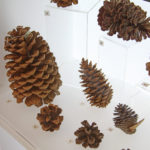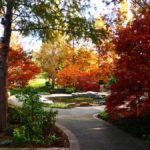STEM Careers in Focus: Rick Torres
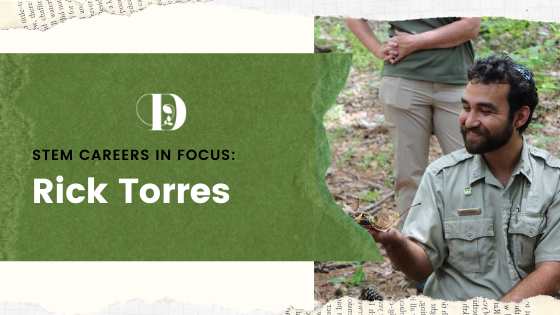
Director of Experience and Innovation, Dustin Miller, is back with his fourth installment of the STEM Careers in Focus interview series. In this edition, Dustin chats with Texas Parks and Wildlife Department’s very own Ranger Rick, Rick Torres.
Dustin Miller (DM): What is your earliest memory of being in nature?
Rick Torres (RT): Some of my earliest memories are fishing with my dad as a little boy. He’s still got a picture of me and my first catfish, complete with a snoopy fishing pole.
DM: So I imagine you spent a lot of time outdoors. What kind of activities did you and your family like to do?
RT: As a kid I spent most of my free time playing outside. My sister and I would climb trees or explore the woods behind our house. Aside from fishing trips, I remember taking long scenic drives with my family to the Laguna Atascosa National Wildlife Refuge near our house. I remember being surprised that so much nature could exist and it was my first real time seeing actual wildlife outside of zoos like white-tail deer, bobcats and alligators.
DM: Did you have any nature/STEM role models growing up?
RT: I had a 2 professors in college, Dr. Jude Benavides and Dr. Carlos Cintra at UT-Rio Grande Valley (then UT-Brownsville) who were important mentors to me and who opened my eyes to a career centered around environmental science. Their insight and passion for the natural world inspired me to go on and share my own knowledge with visitors to state parks.
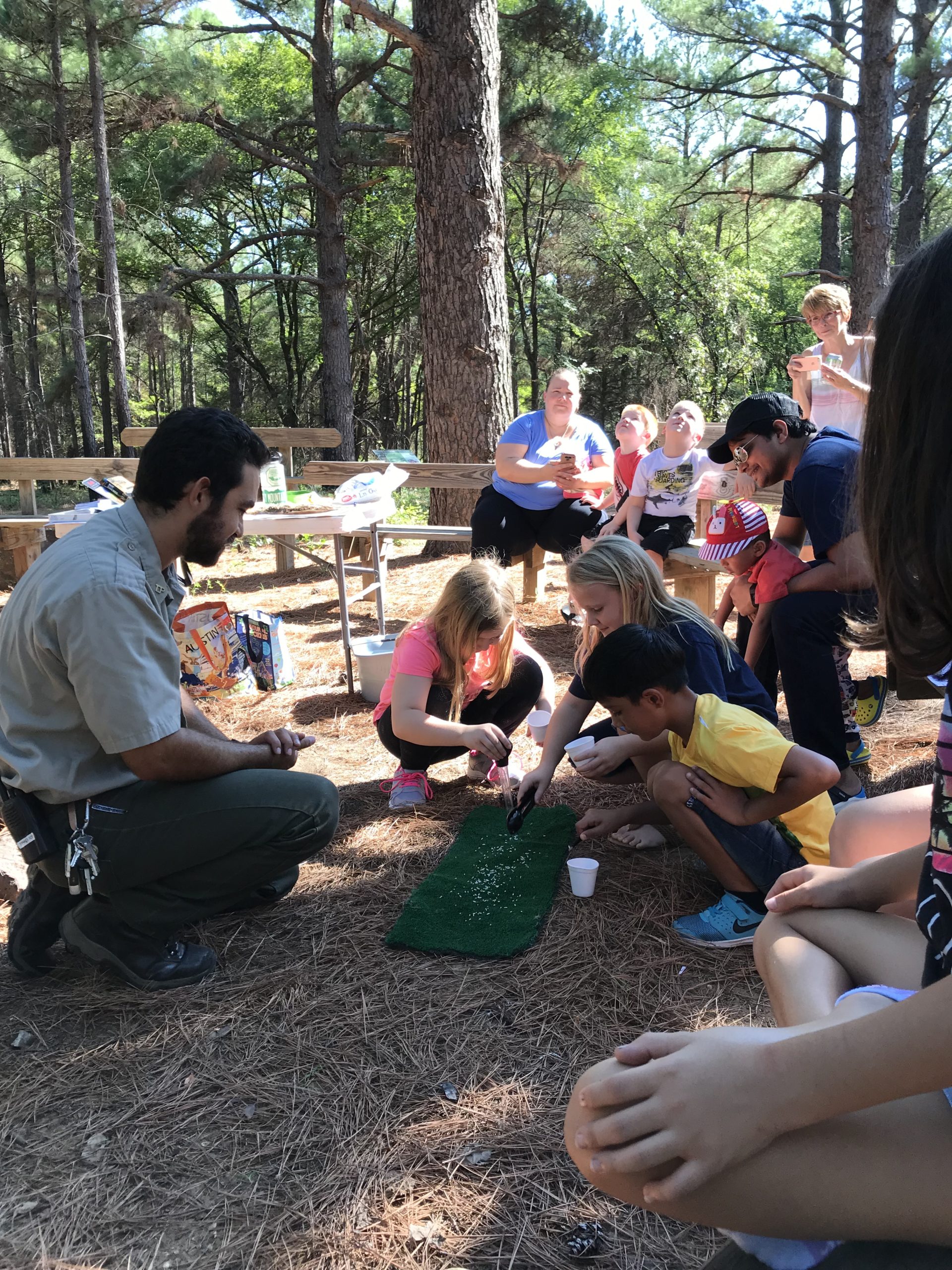
DM: When did you know that you wanted to work in state parks?
RT: It wasn’t intentional, but as a college student I needed an internship to graduate. I was incredibly fortunate to land a paid internship at Rocky Mountain National Park as a seasonal interpreter. At the time I wanted to become a wildlife biologist and not really deal with people, but through this internship I found that I truly enjoyed working with the public and sharing my knowledge and passion for the outdoors with others. Since then, I knew that I wanted to work for parks and inspire people to care for these amazing public lands.
DM: You started your professional STEM career as a park interpreter. What are your favorite types of programs to lead?
RT: Any program that allows me to get a little spontaneous and informal. Guided hikes or night hikes can be a lot of fun because while we may have a plan for this hike, you never really know what kind of wildlife you’ll experience on the trail or how our audience will react. No two hikes are ever the same.
[See Night in the Park on TPWD’s YouTube Channel featuring Rick]
DM: For young people that may be interested in a similar career, can you explain what it means to be an interpreter?
RT: [It] means making connections and inspiring others. In the end people won’t remember a lot of the details from our programs, but they will remember how you made them feel. If we can evoke a feeling of awe or wonder for the natural world, we can hopefully inspire the next generation of stewards.
DM: That’s a great point, Rick. It seems we often get caught up in documenting and recording facts and details. Taking a step back to let kids just experience how they feel in nature is so rewarding.
[Check out the National Wildlife Federation’s Educator and Parent Resources]
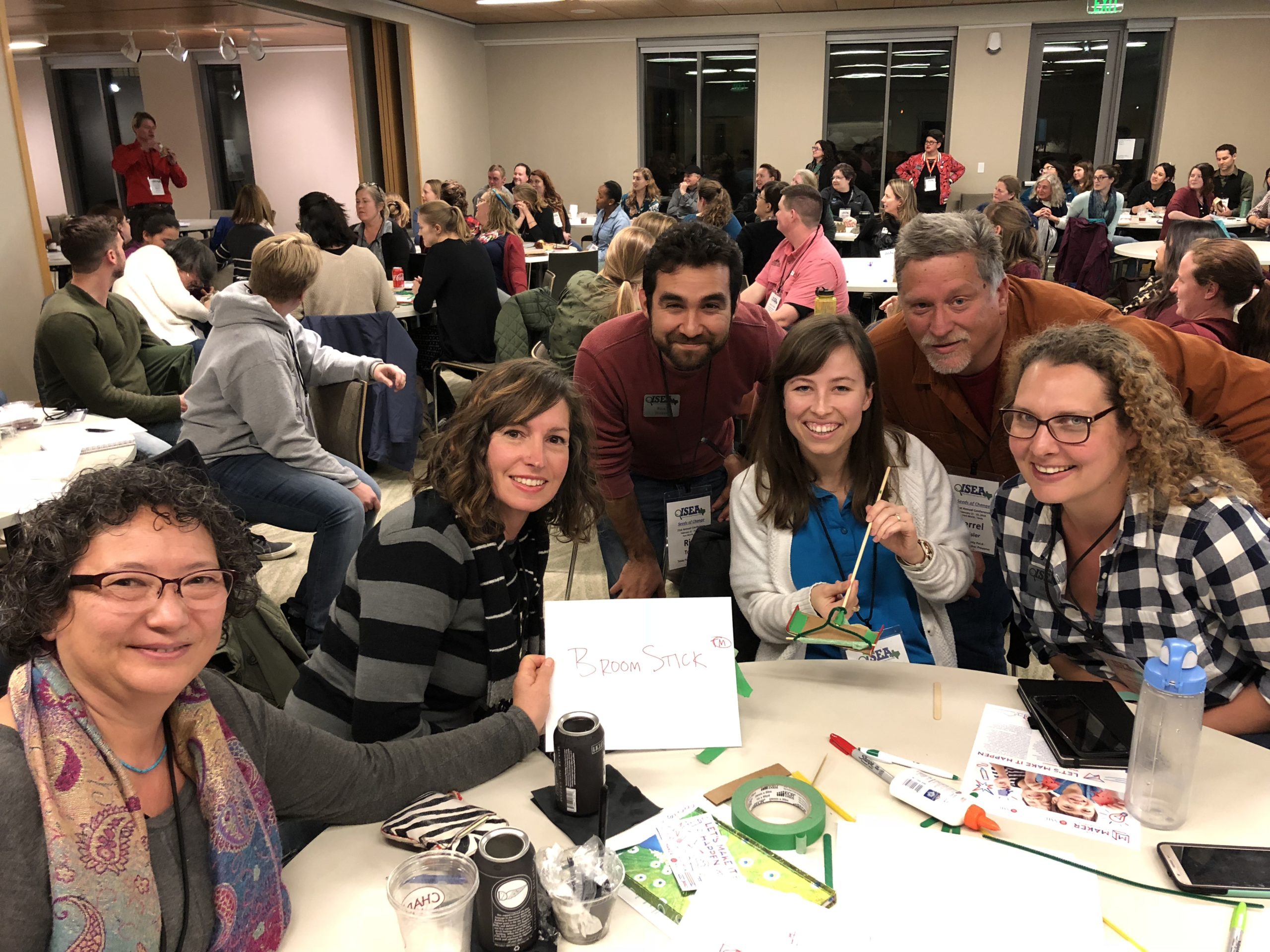
DM: You’re no longer based at a park. Tell me about your new position.
RT: I recently took a new position with the Texas Outdoor Family program of the Texas Parks and Wildlife Department as an Outdoor Education Specialist Lead for central Texas. This position coordinates camping workshops across the Central Texas region.
DM: What is your mission in this role?
RT: The Texas Outdoor Family program strives to connect Texans to the outdoors by removing the barriers to camping at Texas State Parks. Our low-cost overnight workshops provide all of the gear needed to camp and the expert instruction from rangers. We also partner with organizations across the region who cater to traditionally under-served audiences to state parks.
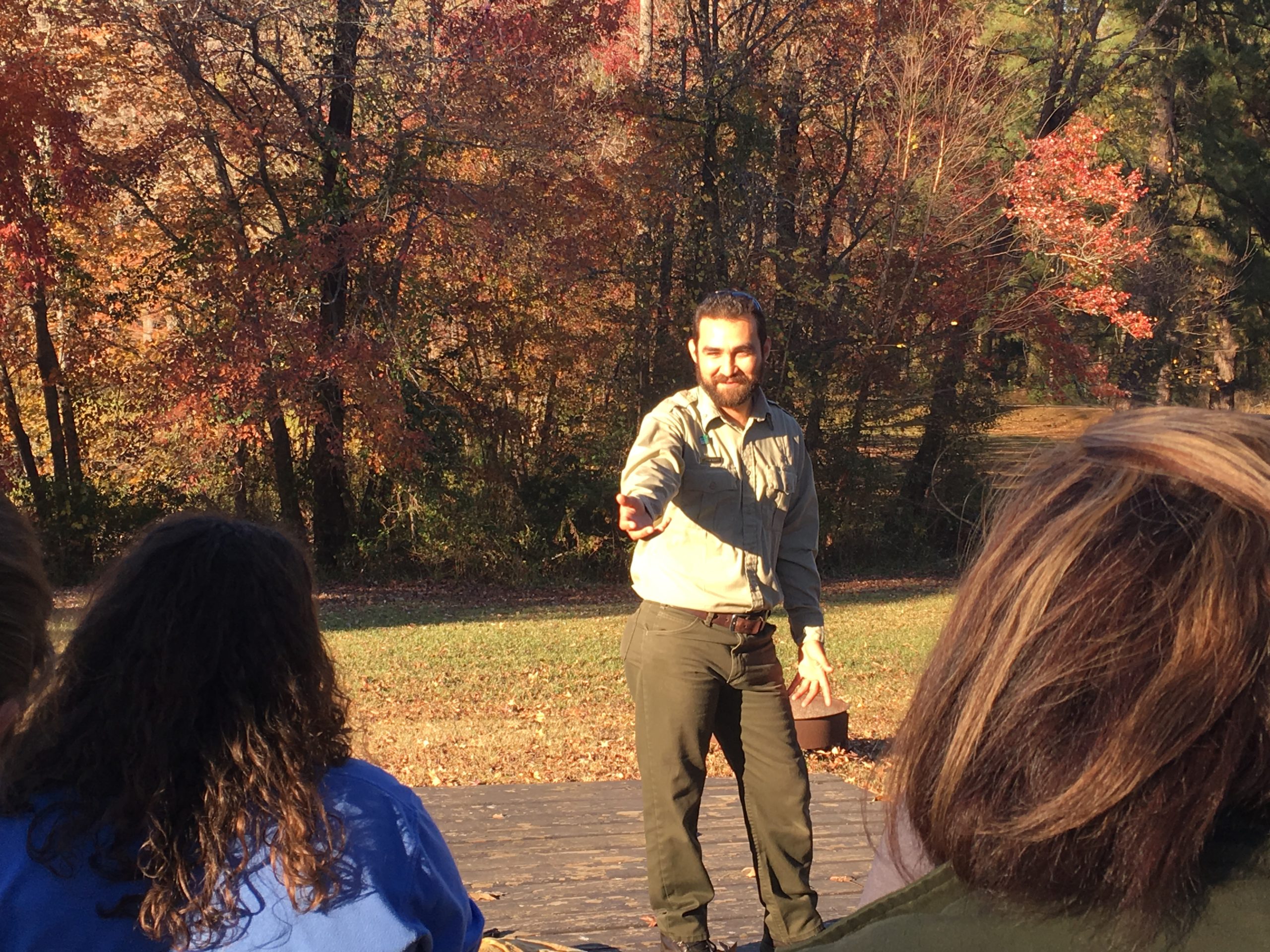
DM: How can we make nature more accessible to all kids?
RT: I’d say the biggest way that we can connect all kids to nature is to support our local public lands. Texas is a little over 95% privately owned, so the amount of spaces that children have to simply be immersed in nature are small depending on where they live. Local city and state parks, preserves and green spaces are sometimes the only escape from urban life and best way to reconnect with nature.
DM: What can parents do to encourage their children to follow their passions in science, STEM or nature-related activities?
RT: I would encourage parents to simply expose kids to the outdoors and science. Take them to local city, state, and/or national parks. Visit libraries, zoos, aquariums, and museums. See what their child takes an interest in and support these interests.
DM: What is your favorite place in Texas?
RT: I’d have to say that Lost Maples State Natural Area is my favorite place in Texas. It was where my wife and I first went backpacking when we were first dating in college.
DM: Rick, Lost Maples is on my Texas bucket list! Anything else you’d like to share?
RT: I want to give another shout out to our public lands. A lot of people don’t realize that there are some really amazing natural spaces not too far from home. These spaces are important ecosystems for wildlife to not only survive, but to thrive. Not only that, but parks are YOUR public lands; places where we can get out and experience adventure, relaxation, Zen and make some incredible memories with family and friends. Get online and see what kind of public lands you can enjoy near you.
To take a deeper dive into Rick’s work and that of the Texas Parks and Wildlife, follow them on Facebook.
Read our previous STEM Careers in Focus interviews:
Jungle Jordan: online science personality
Alejandra Ramos Gómez: teacher/artist/activist
Jacie Hood: Rory Meyers Children’s Adventure Garden Program Manager
Written by Dustin Miller, director of experience and innovation at the Dallas Arboretum.
Related Posts
Comments are closed.




